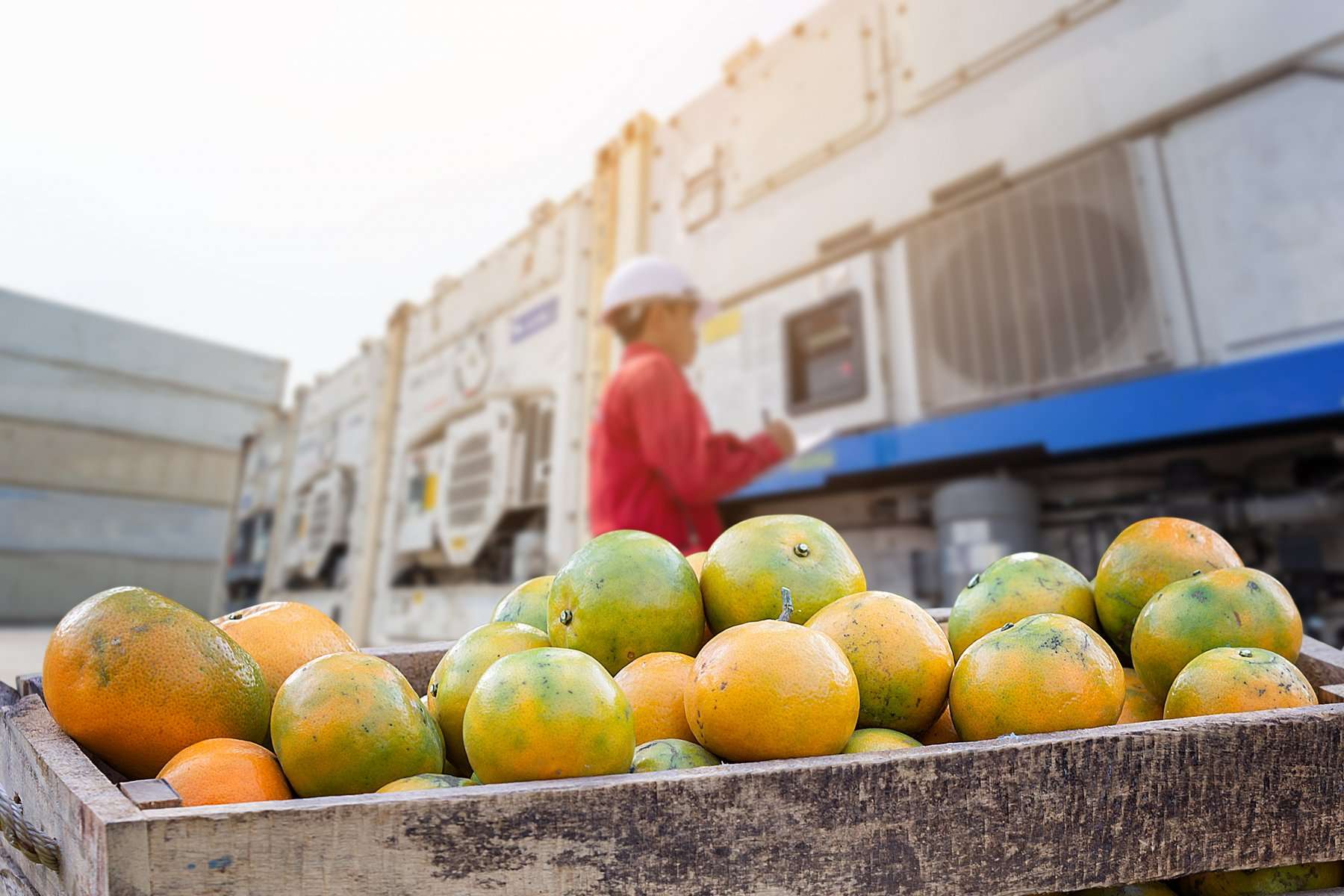HOW CAN WE HACK EXISTING MARINE REGULATIONS TO ACCELERATE OCEAN CONSERVATION AND RESTORATION?
The Issue
Existing marine regulations are often slow to adapt to changing environmental conditions and fail to adequately address emerging threats to ocean health, such as plastic pollution, overfishing, and climate change. By promoting innovation, collaboration, and flexibility within existing regulatory processes, we can build a more sustainable and equitable future for the oceans and the communities that depend on them, without having to wait a long time for new regulations.
Why
The Dixon Foundation has been inspired by Ocean Conservation Trust, who take advantage of the UK Harbour Master’s duty of care to create a social license to conserve precious seagrass sites, and now we are left wondering – how else can we tap into other existing regulations to speed up and scale ocean conservation and restoration?
Hacking existing regulations by leveraging technology, data, and collaborative approaches can bypass the slow pace of new regulatory frameworks and help accelerate the pace of conservation and restoration efforts, foster innovation and creativity, and ultimately protect and restore the ocean for future generations. This could involve innovative approaches to regulatory compliance, such as voluntary stewardship programs, adaptive management, or alternative financing mechanisms that provide incentives for stakeholders to engage in conservation activities that go beyond regulatory requirements. Ultimately we hope that whatever your solution, it will allow more people to learn about and participate in marine conservation.
Our Support
There are so many ways to reimagine how to work smarter and more rapidly with existing marine regulations for different types of ocean ecosystems, so please leave us a message in our contact form if you think you are working on something like this in the UK, or abroad, and are looking for funding.



